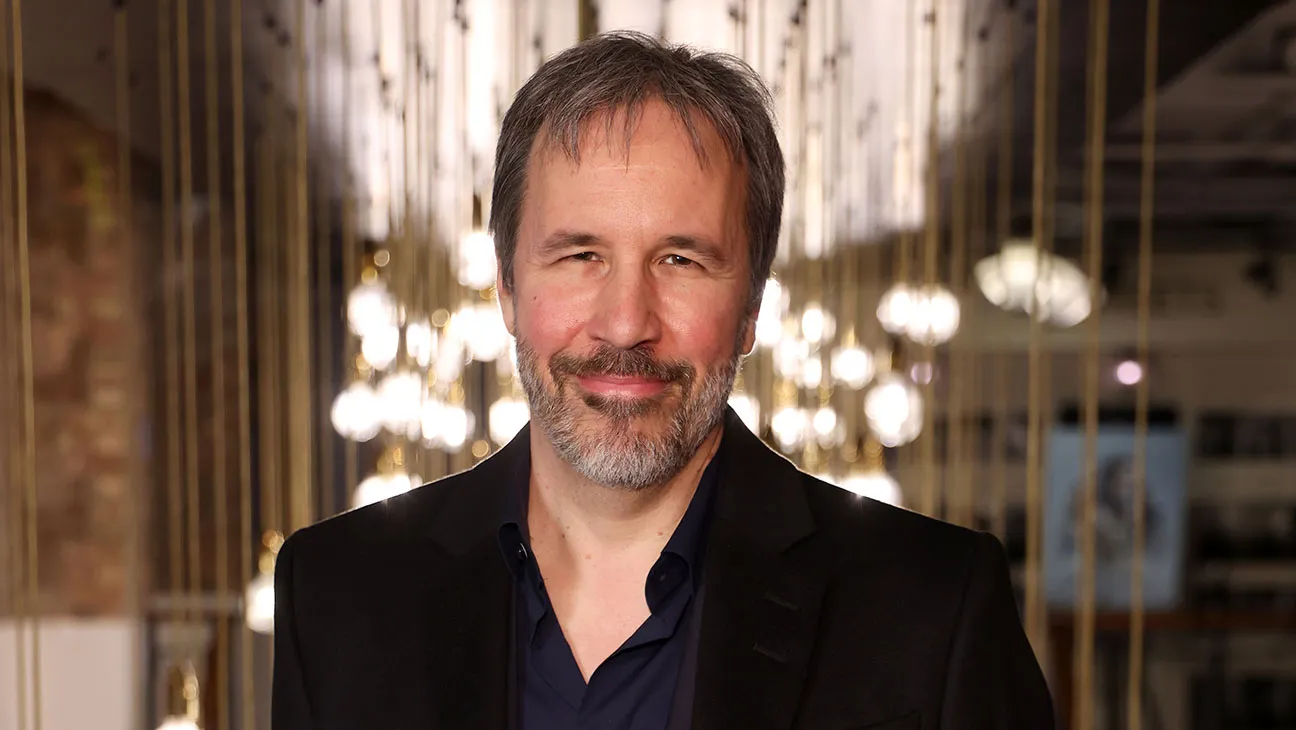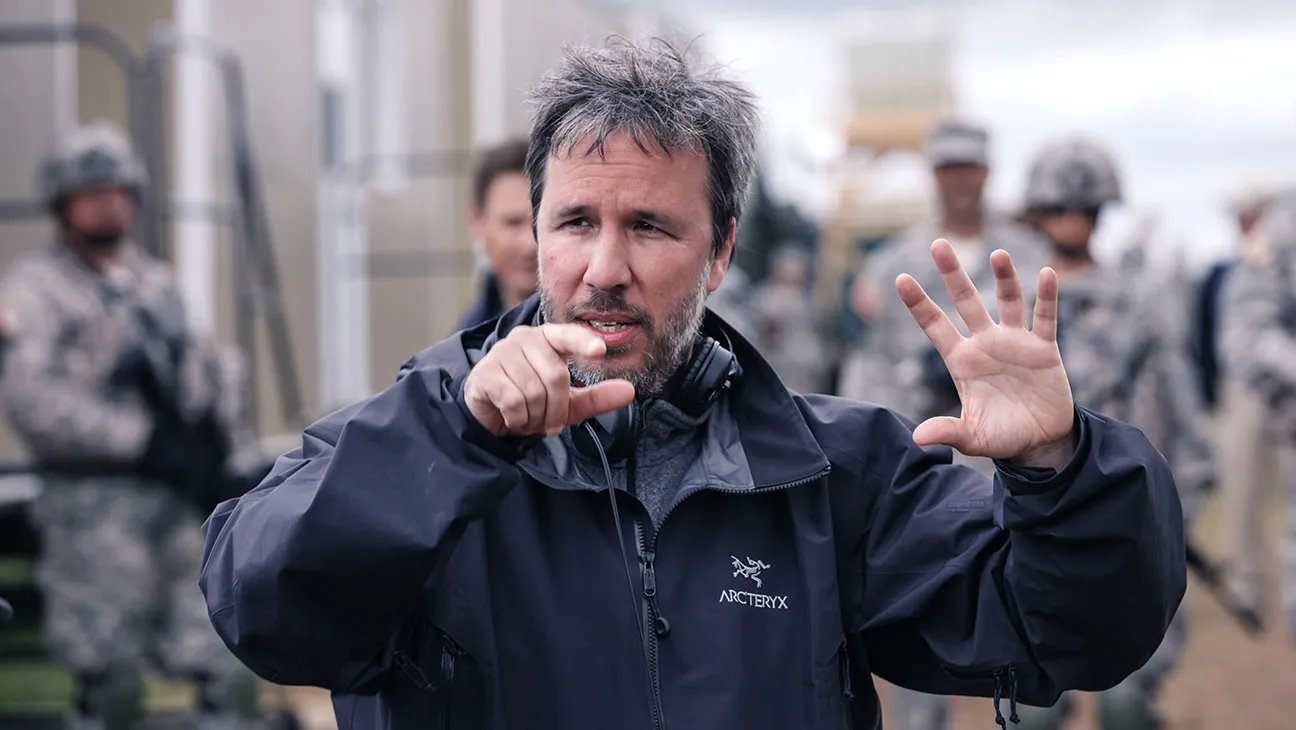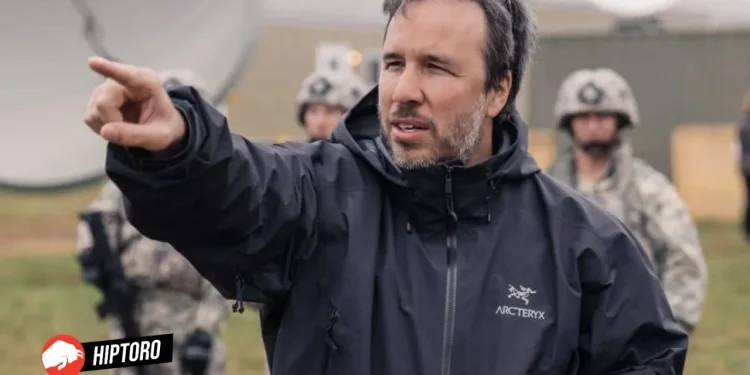Dune 3 emerges as a pivotal chapter in the saga, as Denis Villeneuve, celebrated for his meticulous craftsmanship and ambitious storytelling, reveals his desire to bring his journey through the deserts of Arrakis to a conclusion with this installment. This unexpected revelation not only underscores Villeneuve’s deep commitment to the project but also signals a significant moment for the franchise as a whole.
With Villeneuve’s departure potentially reshaping the trajectory of the Dune series in both cinema and television, fans are left pondering the implications for the future of this iconic science fiction universe.

The Burden of Legacy
Denis Villeneuve’s venture into Herbert’s universe was never a light undertaking. With Dune: Part Two set to follow the latter half of the original novel, and Villeneuve’s expressed interest in adapting Dune Messiah, the filmmaker’s dedication to Herbert’s vision is evident. However, Villeneuve’s recent comments to Inverse highlight the immense pressure and personal investment these projects demand.
“Time is passing, and I don’t know if I want to spend the rest of my days on Arrakis,” he admitted, shedding light on the emotional and temporal costs of such a monumental endeavor.
The director’s apprehension towards the saga’s later books further complicates the narrative. Describing them as “pretty esoteric” and “difficult to adapt,” Villeneuve underscores a significant challenge facing any filmmaker who dares to navigate Herbert’s complex universe beyond the initial novels.
A Crossroads for Warner Bros.
The uncertainty surrounding Dune 3 doesn’t just affect Villeneuve; it places Warner Bros. at a crucial crossroads. With Dune: Part Two on the horizon, the studio’s hopes for the franchise hinge on its ability to replicate the first film’s success. The commitment to Dune: Prophecy, an upcoming prequel show, indicates Warner Bros.‘s interest in expanding the Dune universe. Yet, the question of who will helm the franchise post-Dune 3 looms, especially considering Villeneuve’s reservations.
Denis Villeneuve on the set of Dune Part Two. Looks like it’s from the gladiator arena scene where Feyd makes his entrance. I love this man pic.twitter.com/BWGfJERdRI
— CalderDune (@CalderDune) February 9, 2024
The Legacy of Adaptation
Villeneuve’s predicament is not unique in the history of Dune adaptations. From David Lynch‘s 1984 film to the 2003 TV miniseries Frank Herbert’s Children of Dune, filmmakers have grappled with the intricacies of Herbert’s world, often with mixed results. Yet, Villeneuve’s efforts have been met with acclaim, balancing fidelity to the source material with the demands of blockbuster filmmaking.
As Warner Bros. potentially looks to a new director to continue the Dune saga, the legacy of previous adaptations serves as both a cautionary tale and a beacon of potential. The successful adaptation of Children of Dune, starring James McAvoy, proves the franchise’s enduring appeal and the possibility of exploring new narratives beyond Paul Atreides’ story.

Dune 3: The Sands of Change
Denis Villeneuve‘s tenure as the steward of Frank Herbert’s Dune may be drawing to a close, but the saga’s journey is far from over. As Villeneuve contemplates his final foray into the deserts of Arrakis with Dune 3, the future of this storied franchise remains as vast and unexplored as the dunes themselves. Warner Bros.’s decisions in the coming years will undoubtedly shape the legacy of Dune, testing the boundaries of adaptation and the enduring power of Herbert’s universe.










